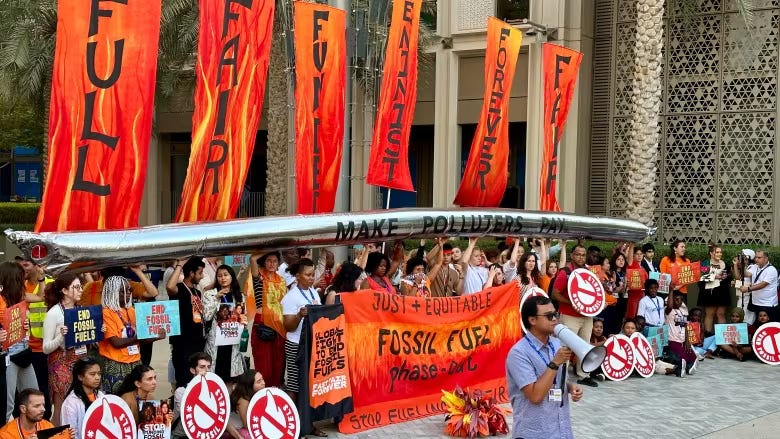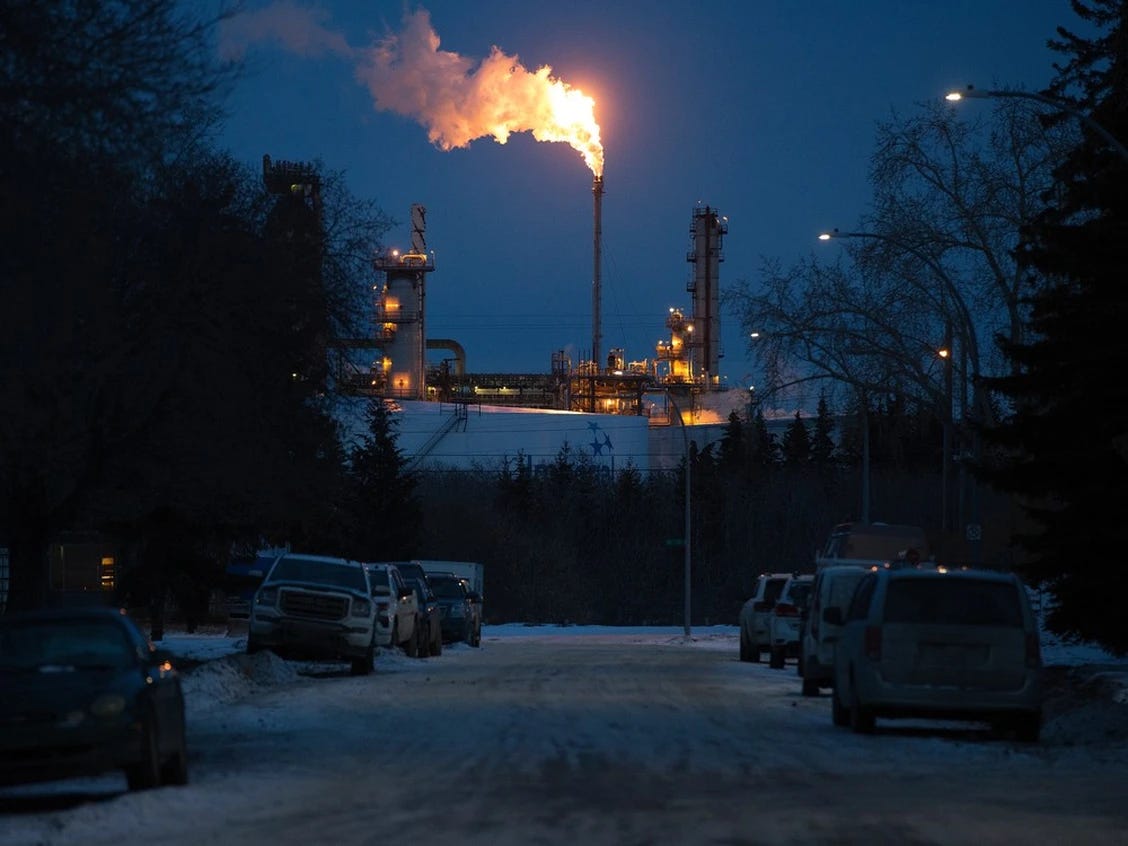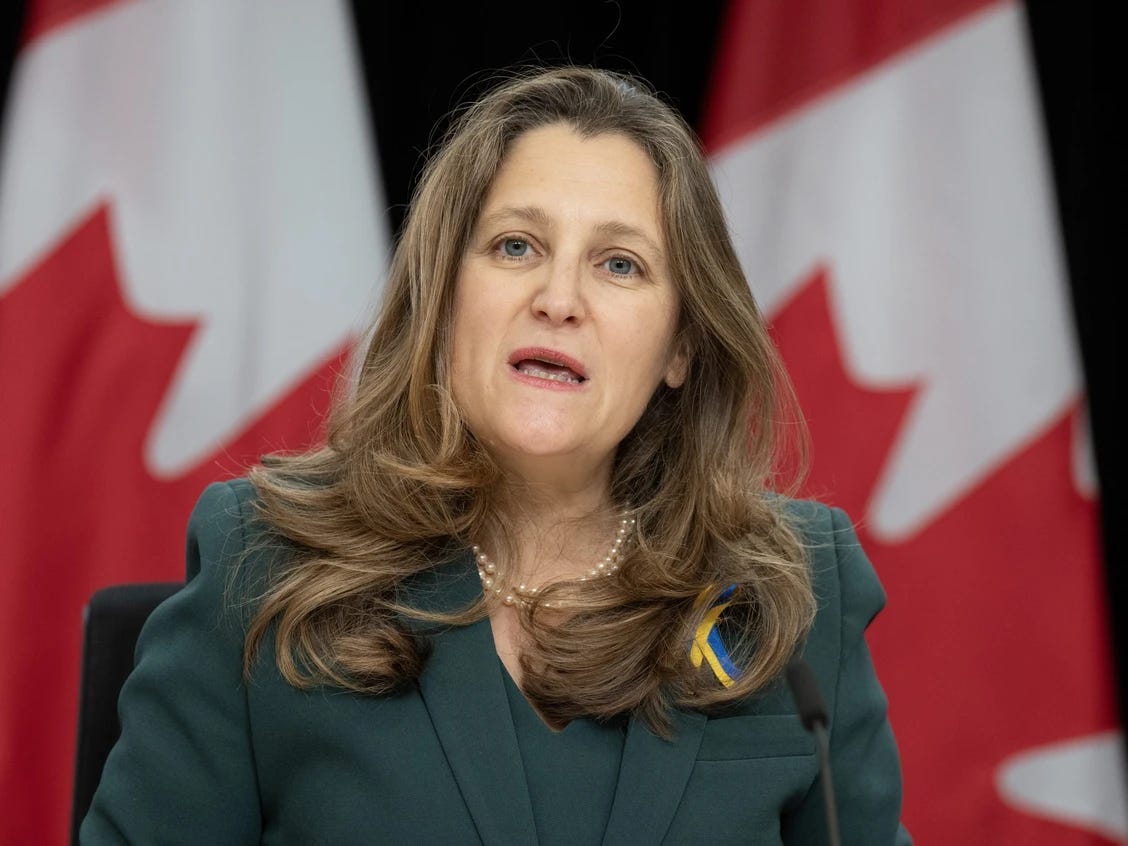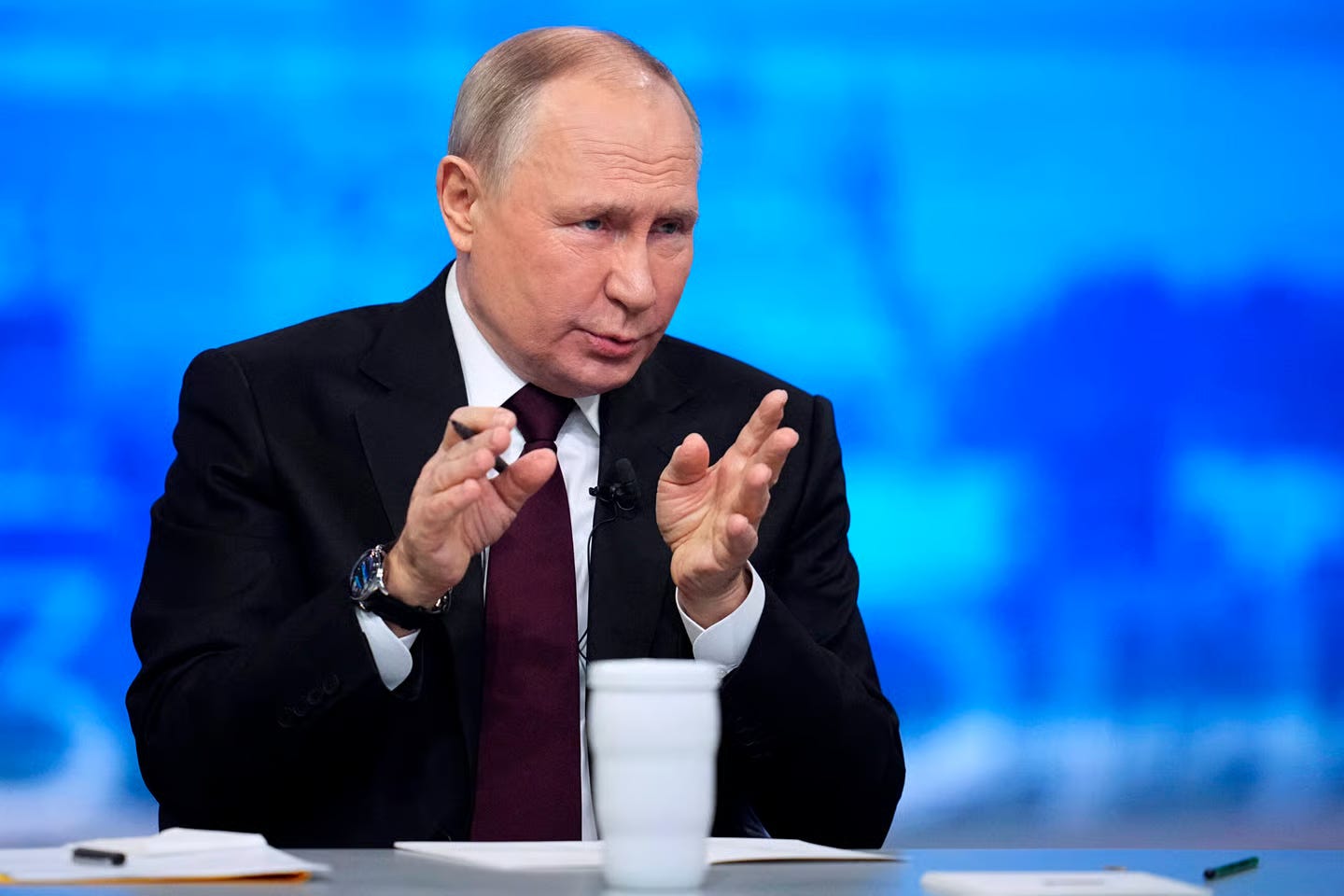Curtains Close on COP28: Oil and Gas Industry in the Spotlight for Phasing Out Fossil Fuels Amidst Global Criticism
At COP28, the oil and gas industry faces criticism for its role in global warming, with environmental activists targeting fossil fuel lobbyists present at the summit. Thousands of oil and gas representatives are in attendance, and the industry's significant presence has drawn attention. Despite not being directly involved in climate negotiations, the Canadian oil and gas sector acknowledges the need for change and emphasizes its commitment to being part of the solution. UN officials, including Secretary General Antonio Guterres, call for a just and equitable transition to renewables, advocating for a complete phase-out of fossil fuels. While some criticize the industry, COP28 organizers stress the importance of a coordinated effort to address climate change. The ongoing negotiations aim to achieve consensus on key priorities, including tripling renewable energy and doubling energy efficiency globally by 2030. There is also a push to phase out fossil fuels by 2050, a historic goal if achieved. However, a preliminary agreement with less assertive language disappoints some environmental advocates who hope for stronger commitments to phase out fossil fuels. Pledges made during the summit, such as tripling nuclear energy and curbing methane emissions, are deemed insufficient by the International Energy Agency to meet the 1.5-degree Celsius warming threshold. Despite calls for a phase-out, global oil consumption continues to rise, and Canadian oil production is projected to increase in 2024. The Canadian government announces stricter methane rules and a cap on the oil and gas sector's total emissions during COP28.
Battle Over Methane: Alberta Clashes with Federal Government's Ambitious Emission Reduction Plan for Oil and Gas Industry
The federal government has proposed strict regulations to significantly reduce methane emissions from oil and gas production sites by 2030, aiming for at least a 75% reduction compared to 2012 levels. Alberta's government strongly opposes these regulations, labeling them as "illegal" and stating they will use every means to prevent their implementation in the province. The regulations, yet to be released, align with U.S. commitments on methane reduction. Alberta fears a total ban on flaring, a practice of burning off excess gas, claiming it poses health and safety risks. Critics argue that embracing the regulations is essential for Alberta to remain competitive globally and avoid being left behind, citing the European Union's recent move to impose methane emissions limits on oil and gas imports by 2030. The estimated cost for the industry to implement these regulations between 2027 and 2040 is approximately $15 billion. The Alberta NDP supports reducing methane emissions, while industry groups caution against overly complex regulations, emphasizing the need for a balanced approach. Methane is a potent greenhouse gas responsible for about 30% of the rise in global temperatures since the mid-1800s, with the energy sector contributing nearly 40% of methane emissions from human activity.
Brampton to Unveil Canada's Largest Hindu Deity Statue: 55-Foot-Tall Hanuman Sculpture by 2024
An Indian sculptor, Naresh Kumawat, is constructing a 55-foot-tall statue of the Hindu deity Hanuman in Brampton, which is set to be Canada's largest Hindu god statue. The artist has previously created over 200 statues dedicated to Hindu deities worldwide. The Hanuman statue is located outside Hindu Sabha Mandir and is expected to be officially unveiled on April 23, coinciding with Hanuman Jayanti, a Hindu festival celebrating the birth of the deity. Some have questioned the need for the statue, while others point out that it is on private property and funded by donations, not violating any city regulations. Kumawat had previously built Canada's former tallest Hanuman statue in Richmond Hill.
Uncertainty Lingers as Alberta Seeks Federal Estimate on Canada Pension Plan Withdrawal
The timeline for a federal estimate of Alberta's potential withdrawal from the Canada Pension Plan (CPP) remains uncertain. Last month, Finance Minister Chrystia Freeland instructed the Office of the Chief Actuary to provide an estimate, but guidelines for the calculation are yet to be finalized. Concerns were raised during a meeting with provincial finance ministers, leading to a decision for further consideration in January. Alberta Finance Minister Nate Horner emphasized the need for clarity on the tasking of the actuary. The pension issue, a brief part of the meeting, prompted the Alberta government to pause engagement sessions. The official estimate, initially expected by mid-February, faces delays due to the technical and complicated nature of the process. Freeland highlighted the importance of asking the right questions and declined to provide a specific timeline, expressing the need for a careful and transparent approach. The pension question has garnered negative reactions, both from Albertans and various entities, including Prime Minister Justin Trudeau and the Canada Pension Plan Investment Board. Alberta Premier Danielle Smith stated that a referendum would not be held until the Chief Actuary's estimate is available. The pension issue remains a matter of national concern, with calls for stability and safety in pension plans. Provincial finance ministers also pressed Freeland for more spending and partnerships on infrastructure and addressed affordability concerns, including extending the carbon tax carve-out for home heating. Despite discussions, skepticism remains about seeing results on these issues.
Premier Accuses Minister of 'Treachery' in COP28 Fallout: A Clash that Escalates Beyond Politics
In this article, Premier Danielle Smith accuses federal Environment and Climate Change Minister Steven Guilbeault of treachery for failing to include language in the COP28 agreement regarding the elimination of oil and gas production. Smith calls for Guilbeault's replacement, claiming his actions damage Canada's international reputation and harm the interests of Canadians. The article suggests that the language used by Smith goes beyond typical disagreements between Alberta and Ottawa, potentially making collaboration on various issues impossible. The piece also highlights the strong negative sentiments towards Guilbeault, contrasting him with other federal ministers who are viewed more favorably by Alberta politicians. The author argues that while Guilbeault's approach may be problematic, labeling him a treacherous traitor is an extreme characterization.
Canada Suspends Participation in Asian Infrastructure Investment Bank Amid Allegations of 'Toxic Culture' and Chinese Communist Control
Canada is suspending its involvement with the Asian Infrastructure Investment Bank (AIIB) following the resignation of a high-ranking executive, Bob Pickard, who cited a "toxic culture" and control by China's communist dictatorship. Canada joined the AIIB in 2018, contributing US$995 million for large infrastructure projects. Pickard, the bank's director general of communications, emphasized the dominance of Communist Party members and a centralized power structure. Finance Minister Chrystia Freeland announced the suspension of government-led activities at the bank and a review of Canada's involvement, considering all options. Other Western countries like Germany, Australia, and the UK are AIIB members. Critics argue that the bank serves as a tool for China to export its authoritarian model in the Indo-Pacific region.
Putin Denies Intent to Attack NATO, Dismisses Biden's Warning as 'Nonsense
Russian President Vladimir Putin has stated that Moscow has no intention of attacking a NATO member and dismissed U.S. President Joe Biden's warning that Russia would target NATO countries if it prevails in the war in Ukraine as "complete nonsense." Putin argued that Russia has no geopolitical, economic, political, or military interest in fighting with NATO countries. He attributed Biden's remarks to a misguided policy toward Russia and the conflict in Ukraine. Additionally, Putin warned of potential issues with Finland after it joined NATO, citing the creation of a military district and concentration of military units near the Finnish border. Tensions arose when Finland accused Russia of directing asylum seekers towards its borders, leading to the closure of the border in mid-November.











This “Climate Crisis” is just another crock o’ crap!
Who is shaming India or China for emissions? Why is Alberta targeted Trudeau? What are the Trudeau foundation’s holdings?